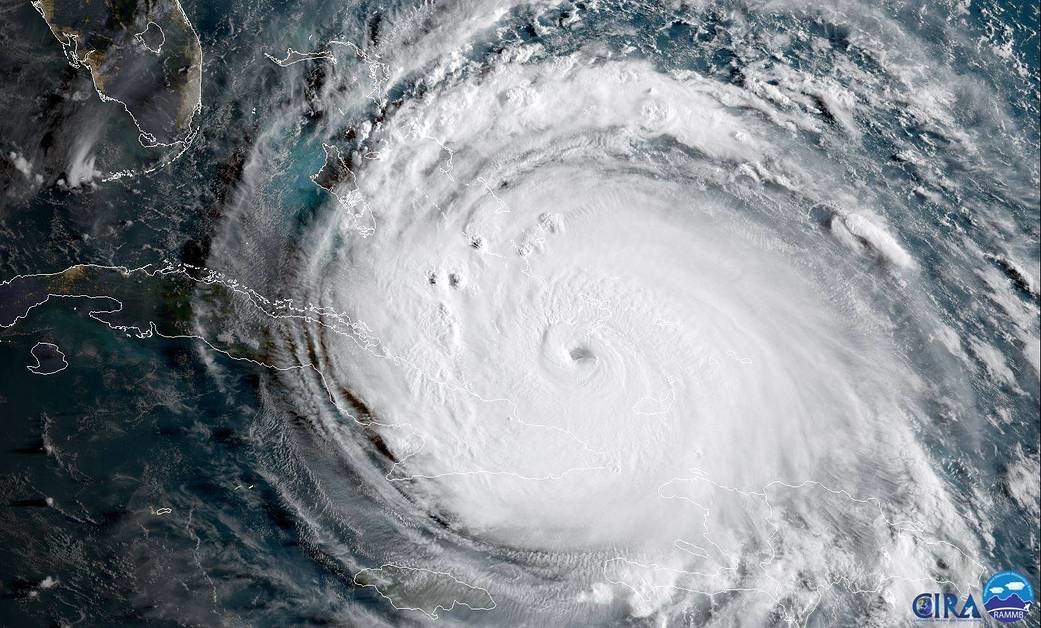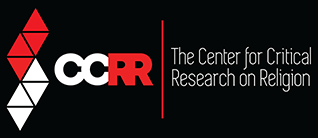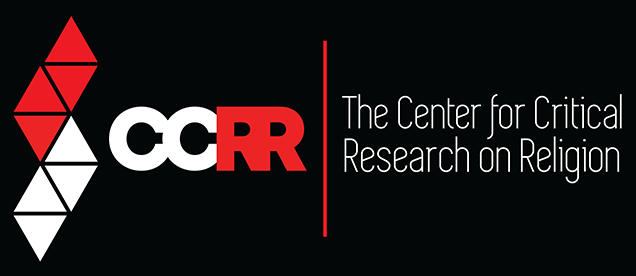
We, as human beings, always seek some explanations in our life, mainly due to physical and psychological survival needs, and we do so based on some assumptions: our realities that we exchange with others. This is also true for explaining disasters. We all try to explain a disaster we face with our perception of reality. In their work about ‘appraising the meaning of disaster’, Grandjean et. al (2008: 195) state that ‘the human tendency to expect an effect proportionate to its cause could be the ultimate origin of our perception of justice’. In other words, our perception of justice is something related to our comprehension of reality. The question of why I faced this or that situation in my life is, in fact, a question about the perception of justice. Its implication is clear: Did I deserve this?
While Irma was churning through Central Florida, I was at the University of Florida campus with six other friends (two dogs and four humans), thinking about human-nonhuman interaction, and asking how we should reframe reality to sustain eco-justice in this world. Today, we sadly know that Irma took a heavy toll on the human and nonhuman species, as Harvey and many other hurricanes did before and Maria caused later. More than 50 people in the US and the Caribbean are no longer alive and more will probably face a huge economic burden. And equally important is the loss of animals, trees, and other members of our ecosystems. For what reason? Did they really deserve this? Not surprisingly, people from different parts of society have antithetical views regarding these questions. So first let me try to classify these views and make an attempt to synthesize them.
During and after Irma, we have read news and watched videos about contrary opinions, e.g. the ones seeing disaster as a way of how God punishes the sinful people (Milbank, 2017), and the others insisting on a scientific understanding of the climate events and linking them to climate change (Lewis, King and Perkins-Kirkpatrick, 2017; King, 2017). Obviously, freedom of belief and freedom of speech are integral dimensions of the democratic society and people are free to express their opinions. However, the citizens must be solidly informed to struggle against ignorance, arrogance and hate speech. Therefore, we must critically examine our frames of mind.
From early childhood, we employ different frames to understand the things surrounding us and to tell our stories. Until now, human beings seem to develop at least three different frames to explain their relationship with(in) the Cosmos and give meaning to their experience. These frames can be classified as mythical, religious, and scientific; the former two are generally labeled as non-scientific. Moreover, what we call mythology today was once the religion of the ancient people and myths were once functioning as beliefs systems explaining humans’ interaction with nonhuman world. Also, science can sometimes be taken for granted as a mythical phenomenon. Indeed, different from ‘the law of three stages’ as religious, metaphysical, and positive-scientific (Comte, 1988), this means that the historical change about human minds’ framing of knowledge is not linear.
Within these three frames of mind, how can we explain a disaster? Below I provide an attempt:
- A mythical explanation of disaster in Mesopotamian mythology (Grandjean et. al, 2008: 189):
“Each time, men prevent the god Enlil from sleeping because of their noise. Bothered and angry, he tries to reduce their number by sending a natural disaster (famine or plague). To avoid this series of plagues, men do not try to appease Enlil or cut down on the noise they make. Instead, with abundant sacrifices, they appease the god responsible for inflicting misfortune.”
- A religious explanation of disaster in Bible (Genesis 6, 5–6):
“When the Lord saw that man had done much evil on earth and that his thoughts and inclinations were always evil, he was sorry that he had made man on earth, and he was grieved at heart.”
- Finally, a scientific explanation of disaster:
“We are now in Anthropocene epoch. In this new epoch, we, as humans, have been tremendously transforming the planet with a devastating economic model powered by fossil fuels, and as an outcome of this, we have been changing the climate. This is why we overwhelmingly face catastrophic events. And unless we succeed to achieve the target of keeping the average global temperature increase below 2, ideally 1.5 degrees Celsius, we will have to face more disasters in future.”
Even more recently, a new climate-economy model for the post-Paris era has been examined (Thompson, 2017). Yet, isn’t it interesting to see how the three explanations aim to give the same message? Don’t disturb the balance of planet! The noise in the Mesopotamian story, the evil act in the Bible and the transformation of the planet in the scientific evaluation have all been asserted to urge people about the same phenomenon using different frames. In this respect, Pope Francis’ comments after Irma (Horowitz, 2017) can be seen as a call based on all these motives. So, why can’t we reach a consensus?
It seems that that the struggle between different frames have been produced by political/public figures for populist aims. It is clear that the consolidation of any political power depends on how the leadership employs specific symbols. Climate change has become another battlefield in a symbolic war. The experiences of Harvey and Irma have revealed again that we still have a democratic deficit–especially due to lack of governmental skills and transparency. In such a political climate, the climate change discussion, too, becomes deficient. Myths and religious comments are also part of this deficient discussion.
Our ancestors might have explained climate events through mythical and religious frames. This might be considered as normal in a world in which nature was almost totally unpredictable. But in today’s world, we are capable of scientific data analysis, modeling and prediction. The only thing we must do is to learn how to read data in order to synthesize knowledge. And the only real barrier to do this is the political one. This is because politics is the medium of economic decision-making and adaptation to climate change necessitates determined economic decisions as well.
To conclude, let’s consider the initial question again: Did we really deserve this? Both Yes and No. Yes, because of the hegemonic perception of reality regarding the Cosmos, therefore our nature, does not allow many of us to develop ecologically just behavior and take determined decisions. Even if we pay attention to our immediate circle of acquaintances, friends, and loved ones, we cannot show enough respect for the rights of many others. To admit, our priorities are different. It is not easy to convince each person to earn less and contribute more for improving the conditions of others. But, at the same time, the answer is No. For decades, individuals have been creating institutions and looking for ways of effective climate action. The abundance of knowledge and experience gathered during this period might lead to consolidated action. At this point, what we need is to reach a consensus. A very first step is to change our daily language. Take, for example, the usage of “natural disaster.” If a climate event is natural, it cannot be disaster, but if it is a disaster, it cannot be natural. We must have caused something wrong with the system to deserve disaster! In this manner, the hegemonic perspective of reality, which is an excluding one, needs to be changed. For this, we can open a new dialogue with our friends and try first to convince them of the concept of the ecological citizenship. Independent from what we believe, we can support the idea of justice for all and watch our peers for justice. Then, the ecological justice will come by itself.
Çağdaş Dedeoğlu is a Research Scholar at the University of Florida’s Religion Department & Assistant Professor at Istanbul Arel University’s Political Science and Public Administration Department. You can find him on Twitter as @CagdasDedeoglu.

